The 2024 Land Law, passed by the National Assembly on January 18, 2024, will take effect from January 1, 2025. The law has many new points, consistent with the practice of land management and use, including positive impacts on the agricultural sector, creating a driving force to promote economic and social development in a stable and sustainable direction...

The 2024 Land Law creates favorable conditions for households to confidently invest and develop agricultural production. In the photo: Farmers in Pa Co commune, Mai Chau district, Hoa Binh province harvest tea. (Photo by NGUYEN TUAN)
Guarantee rights, promote production
Along with other related fields, in the agricultural sector, the 2024 Land Law continues to improve rights, especially the rights to use, transfer, mortgage and lease in land lease contracts. In addition to the agricultural land lease mechanisms to facilitate those who need land for agricultural production and farmers to flexibly convert the structure of crops and livestock, according to the planning, land is regulated to be used for many different purposes to increase land use efficiency.
Director of Dinh Vu Law Firm (Hanoi) Vu Dinh Tho said that the 2024 Land Law has completed the mechanism and policies on management and use of agricultural land in the direction of expanding the limit for receiving the transfer of agricultural land use rights to no more than 15 times the limit for land allocation in the locality. The Law also stipulates that economic organizations and individuals not directly engaged in agricultural production are allowed to receive the transfer of rice-growing land; agricultural land users are allowed to combine with trade, services, animal husbandry, medicinal plant cultivation, etc.
In addition, the law also strictly regulates the conversion of land use purposes, including land of divested state-owned enterprises. At the same time, it supplements regulations on land concentration and accumulation, creating conditions for sustainable agricultural development and ensuring food security.
Through that, it creates conditions for households and individuals to transfer more conveniently or change jobs to ensure their livelihood; supplement regulations on agricultural land users to convert crop and livestock structures, and to use part of the land area to build works directly serving agricultural production.
In order to limit the conversion of agricultural land use purposes after transfer, the Law stipulates that organizations and individuals receiving agricultural land transfers must use the land for the correct purpose. In case of conversion to non-agricultural purposes, permission must be obtained from a competent state agency.
Highly appreciating the positive impacts of the 2024 Land Law on the agricultural sector, Director of the Department of Agriculture and Rural Development of Hoa Binh province Nguyen Huy Nhuan said that the land problems of agricultural and forestry farms that have caused difficulties in management and use for many years have been resolved by the Law. The Law clearly stipulates the responsibilities of the People's Committees at the provincial and district levels in managing land originating from agricultural and forestry farms to overcome the shortcomings in management work over the past years.
The problems with land of agricultural and forestry farms that have caused difficulties in management and use for many years have been resolved by the Law. The Law clearly stipulates the responsibilities of the People's Committees at the provincial and district levels in managing land originating from agricultural and forestry farms to overcome the shortcomings in management over the past many years.
Director of the Department of Agriculture and Rural Development of Hoa Binh province Nguyen Huy Nhuan
In particular, the State will reclaim land areas that are not used for the right purposes, unused, land areas that are being contracted, leased, lent, joint ventured, associated, invested in, encroached upon, occupied, and in dispute. The reclaimed land will be allocated or leased to implement policies for ethnic minorities, people with revolutionary contributions, poor households, and local individuals who do not have land or lack land for production.
Regarding authority, which was not specifically regulated before, the 2024 Land Law has stipulated that the provincial People's Council decides on the policy of converting forest use to other purposes, creating conditions for the province to proactively decide on investment policies, especially public investment projects to meet the needs of economic and social development in a timely manner, shortening the time, as well as the pressure of disbursing public investment capital.
Particularly for the forestry sector, an important economic sector with more than 14.8 million hectares of forest, covering 42.02% of the country, with an average annual export value of 15 billion USD, the changes in the 2024 Land Law bring many new expectations for sustainable development. Associate Professor, Dr. Nguyen Ba Ngai, Vietnam Forest Owners Association (VIFORA), said that the forestry sector has created direct jobs for more than 5 million workers, but up to now, land use planning and planning of three types of forests (production, special-use, protection) are still overlapping, inconsistent, and lacking in synchronization; the quality of units establishing and adjusting plans is still low.
The management structure for the use of forests and forest land is not reasonable. Most of the forestry land area is managed by the State, the area allocated to households, organizations and individuals is still small. Forest allocation and forest lease are not synchronized with forestry land allocation and lease; most households and individuals in some localities have not been granted certificates of forest land use rights to develop long-term and stable forestry production... These are limitations that the 2024 Land Law has promptly adjusted and overcome, in order to limit damage to the State, people and businesses participating in forest management, protection and development.
According to Director of the Forestry Department Tran Quang Bao, the 2024 Land Law has unified the subjects and forms of forest land allocation and leasing with forest allocation and leasing. Thereby, overcoming the shortcomings and inconsistencies between the 2013 Land Law and the 2017 Forestry Law, creating favorable conditions to promote the implementation of forest land allocation and leasing and forest allocation and leasing to organizations and individuals in the coming time, right after the 2024 Land Law and documents detailing the implementation of the Law come into effect.
Along with that, the Law promotes decentralization and delegation of authority in deciding on policies to convert forest use to other purposes, and at the same time supplements regulations on cultivating and developing medicinal plants in special-use forests, protective forests, and production forests. The addition of the above regulations aims to promote the multi-use value of forests, develop the economy under the forest canopy, increase income for forest owners and forest workers, contribute to protecting and developing sustainable forests, conserving nature, and promoting socio-economic development in mountainous areas and ethnic minority areas.
Thus, in general, the 2024 Land Law has had very positive impacts on the agricultural sector, thereby ensuring the legitimate rights and interests of collectives and individuals using land, contributing to promoting stable and sustainable production development in line with the current trend of deep international integration and comprehensive cooperation.
Improving law enforcement capacity
In the agricultural sector, in recent years, the implementation of the Party's guidelines and the State's policies on land has had a positive impact on promoting agricultural economic development, creating livelihoods, improving the lives of farmers, especially those in mountainous areas, remote areas, and ethnic minority areas. To ensure the consistency of land law with the legal system, reduce risks and legal complications for agricultural activities, it is necessary to systematize and amend legal provisions in the agricultural sector to be consistent with the 2024 Land Law.
Former Deputy Minister of Agriculture and Rural Development, Chairman of the Association of Agricultural Economics and Rural Development, Dr. Ha Cong Tuan said that the Law has institutionalized the practical need for innovation to improve the quality of land use planning to ensure unity and synchronization; the content of land use planning regulations has delimited and arranged land use space according to areas (including strictly managed areas, restricted areas and areas with land use purpose conversion, especially for forest land and rice land); regulations on combining the use indicators of each type of land...
However, in practice, land use planning has not ensured consistency, comprehensiveness, system, low quality, lack of long-term vision, not meeting the requirements of sustainable development, and unstable planning. Therefore, for the 2024 Land Law to be effective, the natural resources and environment and agricultural sectors need to promptly complete planning, including forestry planning to ensure consistency with land use planning at three levels: national, provincial and district; reasonably allocate land funds in accordance with land use requirements and strictly manage the conversion of forestry land use purposes; enhance land access for entities with agricultural and forestry production and business needs; supplement subjects receiving agricultural land use rights transfers; need to develop policies for enterprises to rent forests and lease special-use forest environments to carry out forest production and business and ecotourism, resort and entertainment services; Encourage land accumulation and concentration to develop production and business, form a chain of production, processing and consumption of large-scale concentrated forestry products; use multi-purpose forestry land to create an open and transparent business environment, encourage businesses to invest in the forestry and rural sectors, especially in remote areas...
Relevant sectors need to promptly complete the policy mechanism on forest land recovery in accordance with the provisions of the Land Law. Land recovery must harmonize the interests of land users, the State, and investors and be conducted in a transparent and public manner. Organizations, households, and individuals whose forest land is recovered must be compensated to ensure a better life and livelihood, especially for those who are not yet of working age, no longer of working age, and social policy beneficiaries.
Deputy Minister of Agriculture and Rural Development Nguyen Quoc Tri said that there are now many mechanisms and policies that are more suitable to reality to develop afforestation and effectively exploit forest resources. Article 248 of the 2024 Land Law requires amending the problems in the Forestry Law in the coming time.
Currently, there are many mechanisms and policies that are more suitable to practice to develop afforestation and effectively exploit forest resources. Article 248 of the 2024 Land Law requires amending the problems in the Forestry Law in the coming time.
Deputy Minister of Agriculture and Rural Development Nguyen Quoc Tri
The Ministry of Agriculture and Rural Development hopes that members of associations and unions will participate more in the policy-making process, especially in requirements that are consistent with reality. To meet the 2024 goals of the forestry sector, it is recommended that enterprises and associations be proactive and flexible in production, in line with the general situation; strengthen joint ventures, partnerships, and exploit land resources to build value chains in forestry production, expand scale to increase competitiveness, and strive to achieve the set export targets for wood and forest products.
In order to ensure transparency in the land market in general and in the agricultural land sector in particular, localities and sectors, according to their authority, need to develop a land price list when the 2024 Land Law takes effect; conduct land valuation at the time the State allocates land with land use fees, leases land, recovers land, and calculates income tax from land use rights transfer; perfects the organization of the State management apparatus on land and agricultural management to ensure streamlining, effectiveness, efficiency, synchronization, and unity.
In addition, the authorities also need to build a synchronous, unified, and transparent land database and information; reform administrative procedures, support consulting on legal procedures and costs for agricultural land transfer and lease transactions between farmers, businesses, and cooperatives; and promote digital transformation in building agricultural land databases and information.
The Ministry of Agriculture and Rural Development needs to urgently review current regulations and submit to the Government for promulgation of criteria and conditions for land use conversion in a unified and synchronous manner with legal provisions related to the agricultural sector; advise the Government to promulgate detailed regulations so that the 2024 Land Law can be highly effective when put into practice in social life...
According to Nhan Dan Newspaper
Source


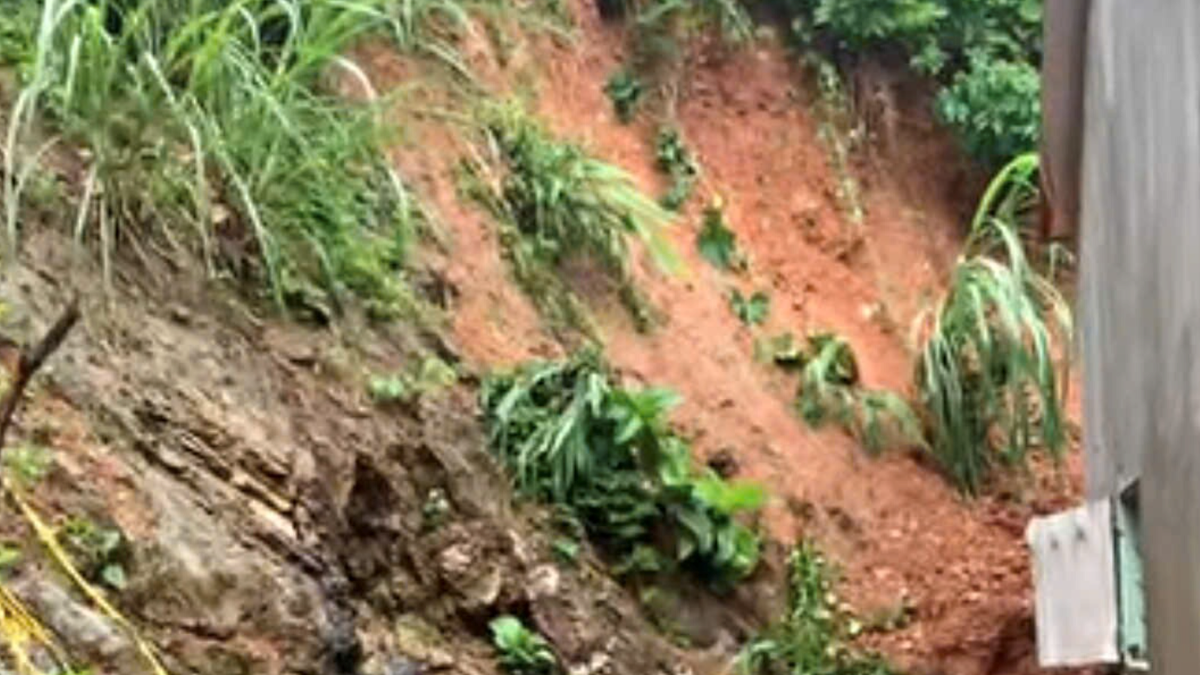





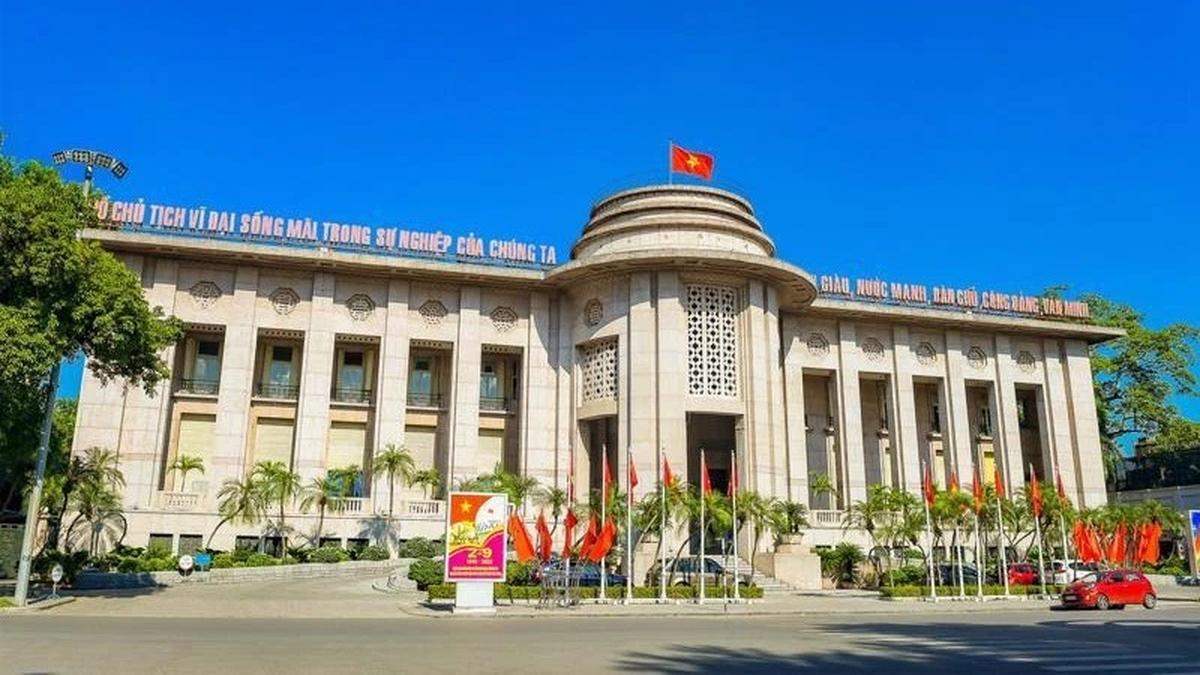
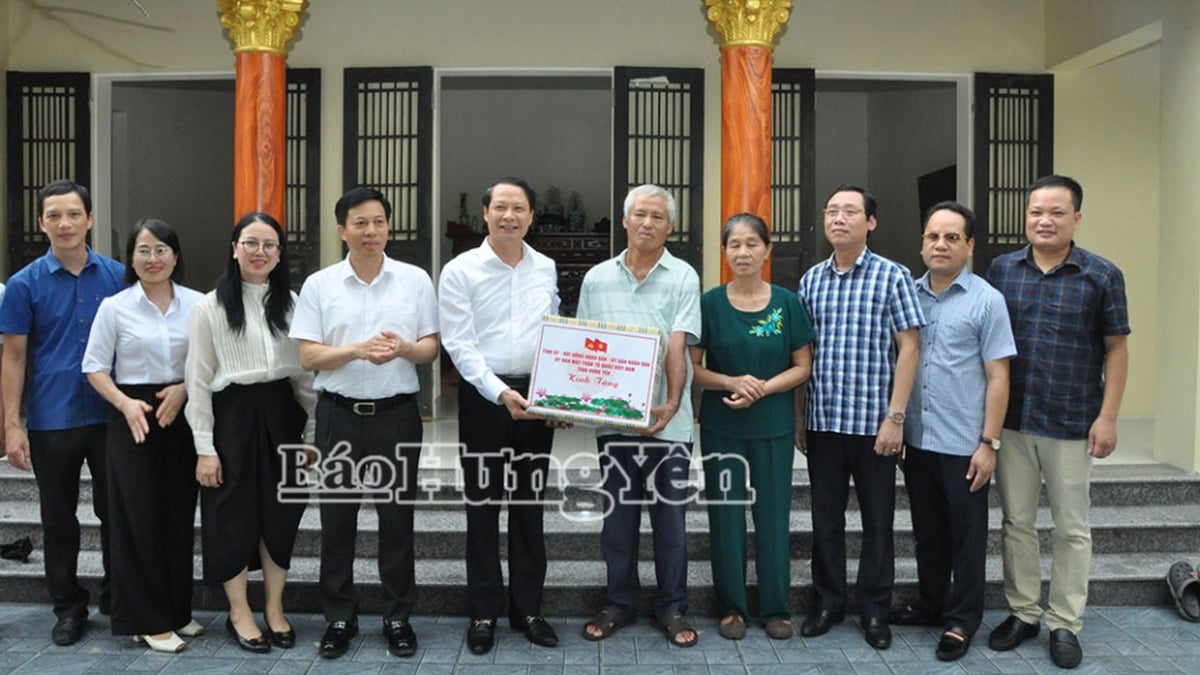
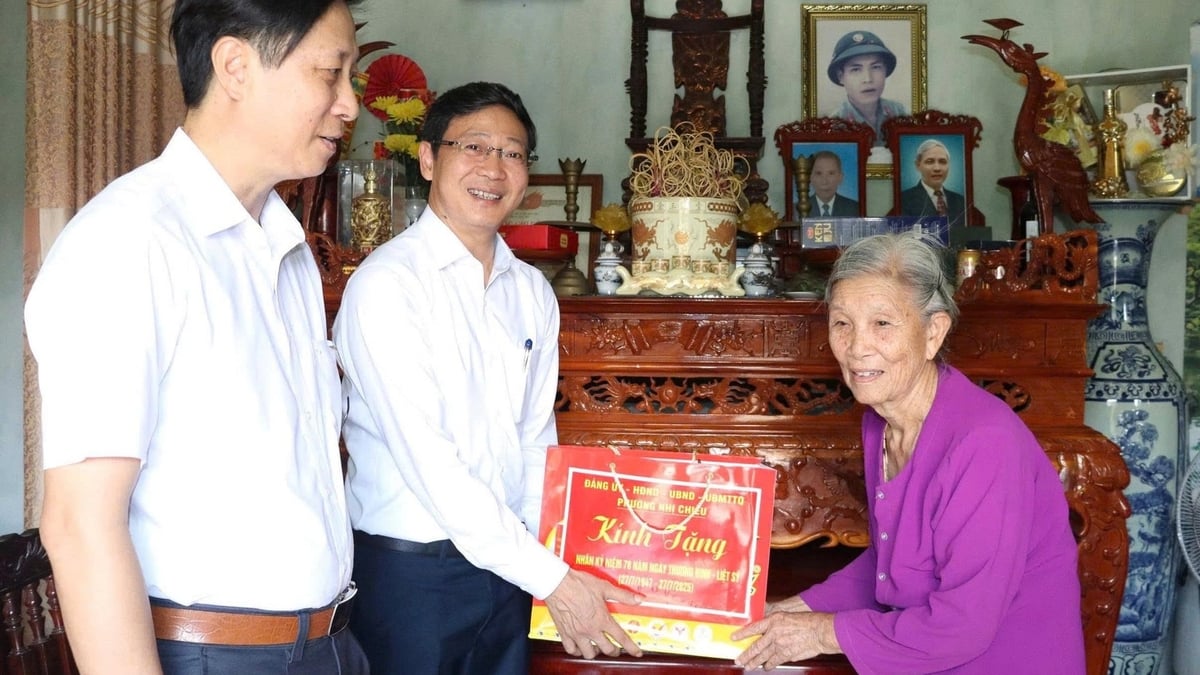












![[Photo] Signing of cooperation between ministries, branches and localities of Vietnam and Senegal](https://vphoto.vietnam.vn/thumb/1200x675/vietnam/resource/IMAGE/2025/7/24/6147c654b0ae4f2793188e982e272651)

















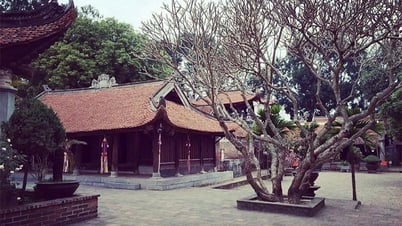




























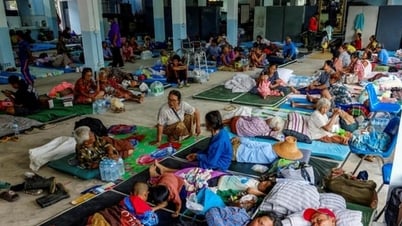






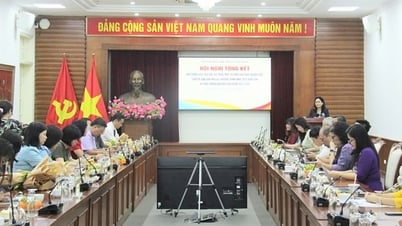

























Comment (0)